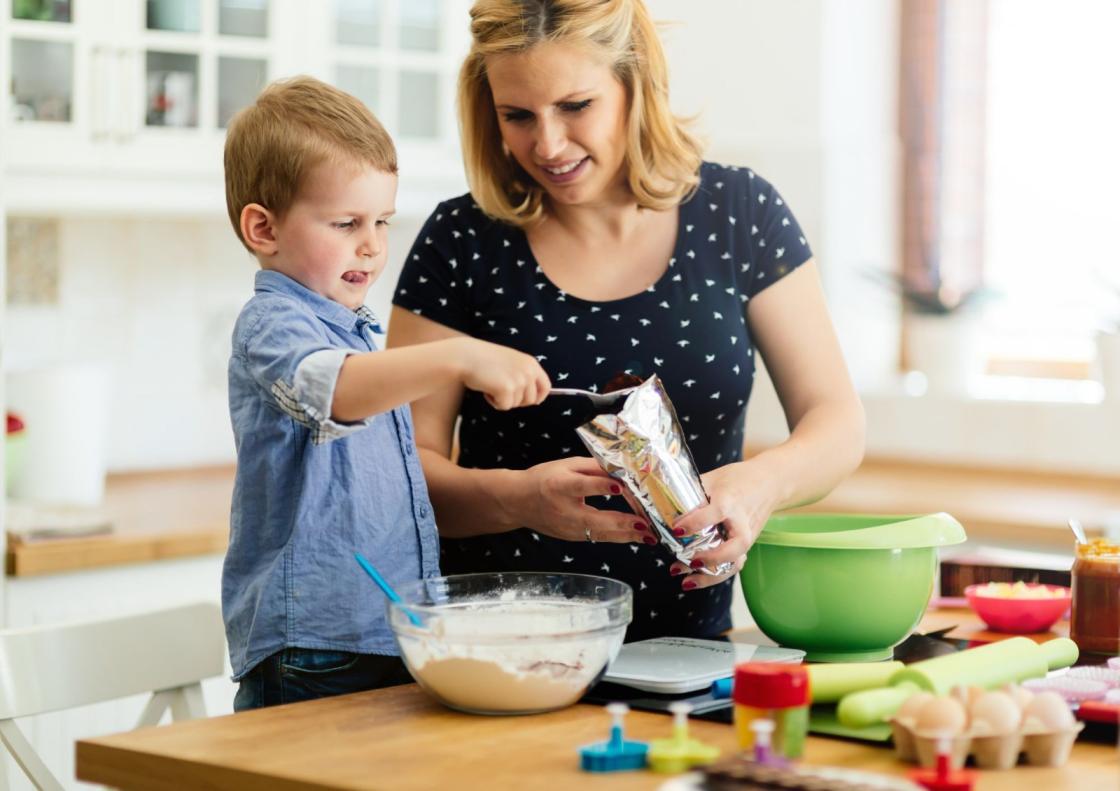
Ten Things Parents Can Do to Support Their Kids
Having To Deal With Difficult Childhood Situations
Adversity is a part of our world. Internet predators, bullying in schools, mental health crises on the rise, and wars. As they assist their children and teenagers in surviving and thriving, parents now deal with these and numerous more challenges.
Raising a Resilient Child in a World of Adversity: Effective Parenting for Every Family, our freshly released book, compiles tried-and-true methods and straightforward advice to help parents thrive. Prior to publication, the American Psychological Association had a team of specialists analyze our research-based book.
While worldwide research on resilience and the importance of culture is expanding, a large portion of the study on resilience and adversity has originated from Western societies.
When It Comes To Parenting, Adults Bring Their Own History And Stressors
One of the hardest and most stressful occupations is being a parent. Many parents find it difficult to move past their own challenging upbringings and long to parent in a different way than they were raised. For people who have experienced childhood hardship, or what scientists refer to as adverse childhood experiences (ACEs), this can be especially difficult.
Sexual abuse, family violence, divorce, physical and emotional abuse and neglect, and having a parent with a mental illness, a criminal record, or a history of drug or alcohol misuse are all examples of ACEs.
Ten Research-backed Strategies To Help Kids Become More Resilient
Drawing from decades of research on resilience and adversity, as well as our experience as parents and child development researchers, we suggest 10 steps parents can take to help themselves and their kids become more resilient and end the cycles of adversity.
1. Take Care Of Yourself

When an adult's basic needs are not being satisfied, it is difficult to be a decent parent. Meeting their personal needs can be very difficult for parents, especially when their children are small. Adults may find it attractive to devote all of their attention to raising children, but doing so eventually has a negative impact on the family.
2. Deal With The Past
The majority of people tend to parent in the manner in which they were raised. Stress makes people even more prone to revert to old habits, even if they are aware that they may not be the ideal ones.
By identifying and addressing their ACEs, parents can help end the intergenerational cycle of adversity.
Recognizing the connections between their early experiences and their current coping mechanisms for stress and adversity is the first step. The majority of kids acquired survival skills that might not be useful today.
Isolating oneself from others, for instance, might have been adaptive during childhood and adolescence, but asking for help and developing trust are crucial in adult relationships and parenthood.
3. Learn To Control Your Emotions And Be An Emotion Coach
Being the adult in the room while you are overcome by negative emotions is difficult. Adults may be unable to think clearly or respond calmly in current situations because they are triggered by feelings from the past. Feelings of failure may arise when a parent is unable to gently discuss the party they attended last night with their teen or stop their newborn from crying.
The majority of parents deal with overwhelming situations, and it's critical for both parenting and health to acquire effective coping mechanisms.
4. Nurture Your Children’s Relationships
One of the best indicators of resilience is the presence of supporting relationships. This begins with a parent's unconditional love, which shows a child that they are loved regardless of what happens to them and that acceptance and love are not dependent on behavior or expectations.
Parents can set clear standards and disapprove of some behaviors while still showing love and support, though this can be difficult, particularly when raising an adolescent.
5. Volunteer In The Community With Your Child
By assisting someone outside of their families, kids develop empathy and perspective taking skills. Volunteering as a family and helping those in the community can be a powerful experience for families. Children witness the characteristics of generosity and kindness in action and learn the value of assisting others.
Read Also: The Teachings Of Kindness
6. Establish Rituals And Routines

When their environment is orderly and not chaotic, children flourish. Just maintaining a regular schedule can have a profound impact on a family. Children are less stressed when they are aware of what to expect.
Establishing nighttime routines for younger kids is essential to everyone's quality of sleep. Early bedtimes provide parents more time for themselves. Everyone may enjoy the wonderful ritual of reading bedtime stories, which also helps youngsters learn.
Rituals are crucial for setting priorities and for forming a family identity, not simply during holidays. Family dinners spent together might be particularly beneficial.
7. Realize That Sometimes Parents Need To Take Control
With its many advantages, the concept of gentle parenting—also known as parenting without punishment—has gained popularity recently. But occasionally, parents must exercise authority and be more strong than kind.
Overly permissive parenting has been linked to long-term behavioral issues in children, according to decades of studies.
We suggest a parenting strategy that strikes a compromise between children's need for freedom and parents' need for control. Children's balancing feats evolve with age. Being the adult and refusing to give in to children's requests and needs can be exhausting and challenging. However, children must be able to rely on their parents to protect them and make critical decisions.
8. Have Conversations
In today's environment, children and teenagers encounter numerous challenges, such as anxiety about performing well in school, bullying, exposure to drugs and alcohol, online dating applications, and fears about growing up. One of the best methods to develop resilient kids is to have a positive interaction between parents and kids.
Teenagers will turn to their friends or the Internet for information if parents don't discuss these topics with them. Parents should be a source of accurate information and support because there is a lot of false information out there, some of it harmful.
9. Support Protective And Compensatory Experiences
Research from throughout the globe on kids who had hardship but succeeded despite it identifies particular events and activities that aided in their resilience-building. Motivated by that research, we developed a list of 10 PACEs (protective and compensating experiences) to counteract ACEs (refer to our earlier blog post).
In addition to the importance of having caring relationships with parents, other adults, family members, peers, and social groups, children also require chances for physical activity, hobbies, or the development of specific abilities, as well as the tools they need to learn or attend a reputable school.
10. Adjust Your Parenting As Children Grow Older
Parenting and its elements (such as building resilience and recognizing suitable best practices) evolve as kids become older and enter different developmental phases. Along the road, parents face possibilities as well as difficulties.
Parenting is a journey with many bends, obstacles, and bridges, much like a road trip. In our book, we provide parents with a road map that includes many choices for teaching kids to be resilient, how to drive safely, and when to give up the wheel.


